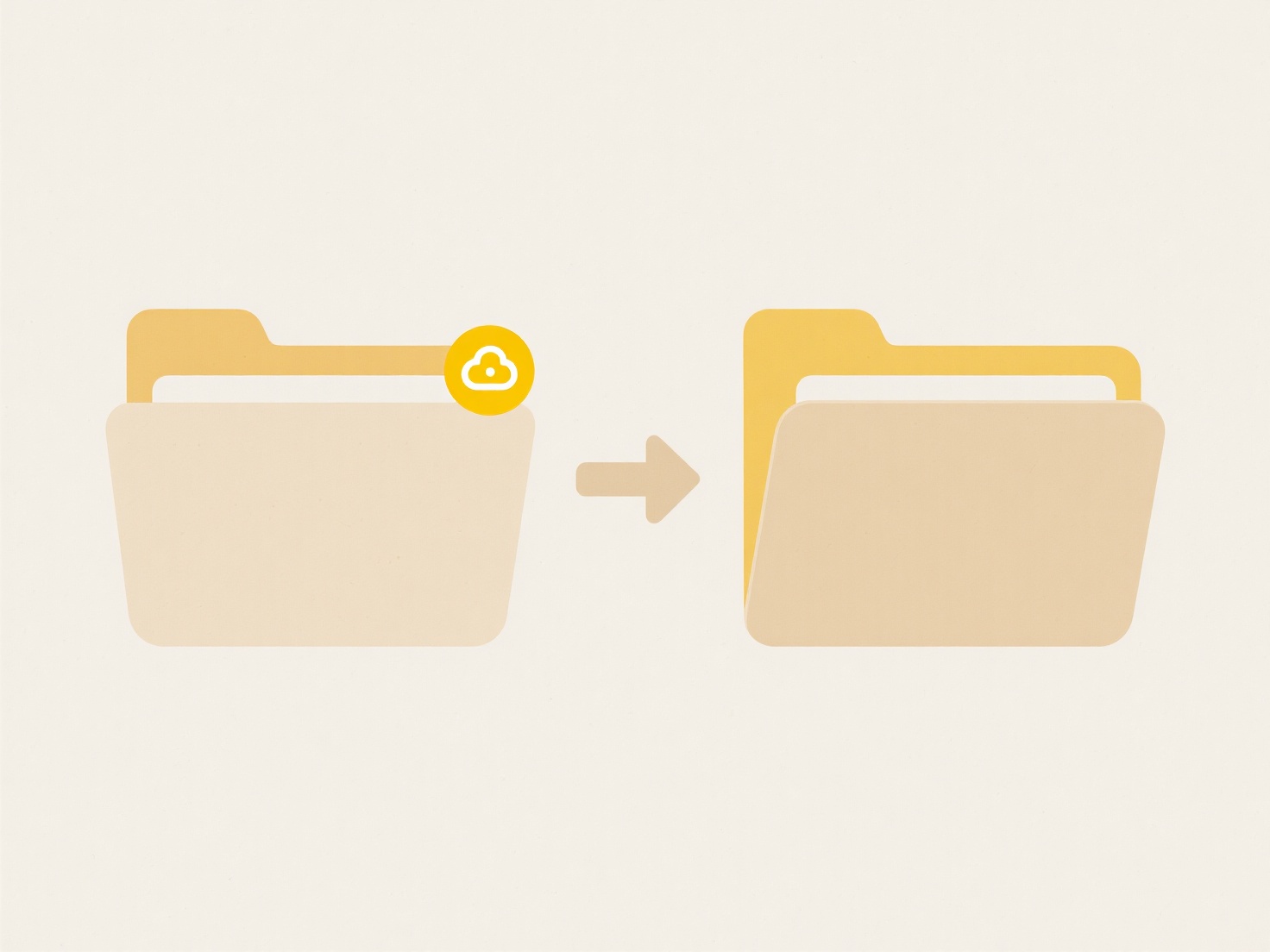
Large-scale duplicate cleanup tools remove redundant copies of data across vast datasets and storage systems. Unlike basic duplicate finders, these enterprise-grade solutions handle petabytes of data, work across distributed environments (like cloud storage or databases), and use techniques like cryptographic hashing or block-level deduplication to identify matches efficiently. Key capabilities include automated scanning, risk-verified deletion, and preserving crucial metadata.

Dell EMC Data Domain or Commvault Deduplication are widely used in IT infrastructure to shrink backup storage needs by 90%. In data processing, engineers employ Apache Spark with Python scripts (using libraries like Pandas or Dedupe.io) to cleanse massive customer databases before analysis in industries like finance or healthcare, ensuring CRM systems hold only unique records.
Benefits include significant storage cost reduction and improved compliance with data regulations. Limitations include high processing demands and potential licensing costs. Ethically, improper deletion risks data loss, requiring robust validation workflows. Future tools will likely integrate deeper with AI for smarter pattern recognition and cloud-native architectures for seamless scalability.
What tools work best for large-scale duplicate cleanup?
Large-scale duplicate cleanup tools remove redundant copies of data across vast datasets and storage systems. Unlike basic duplicate finders, these enterprise-grade solutions handle petabytes of data, work across distributed environments (like cloud storage or databases), and use techniques like cryptographic hashing or block-level deduplication to identify matches efficiently. Key capabilities include automated scanning, risk-verified deletion, and preserving crucial metadata.

Dell EMC Data Domain or Commvault Deduplication are widely used in IT infrastructure to shrink backup storage needs by 90%. In data processing, engineers employ Apache Spark with Python scripts (using libraries like Pandas or Dedupe.io) to cleanse massive customer databases before analysis in industries like finance or healthcare, ensuring CRM systems hold only unique records.
Benefits include significant storage cost reduction and improved compliance with data regulations. Limitations include high processing demands and potential licensing costs. Ethically, improper deletion risks data loss, requiring robust validation workflows. Future tools will likely integrate deeper with AI for smarter pattern recognition and cloud-native architectures for seamless scalability.
Related Recommendations
Quick Article Links
How can I classify documents by date or time period?
How can I classify documents by date or time period? Classifying documents by date or time period involves identifying...
Can a file conflict be resolved automatically?
A file conflict occurs when multiple changes are made to the same file independently, making it impossible to combine th...
How do I open an old version of a PowerPoint file?
Opening an older PowerPoint file involves accessing presentations saved in legacy formats (like .ppt from PowerPoint 97-...